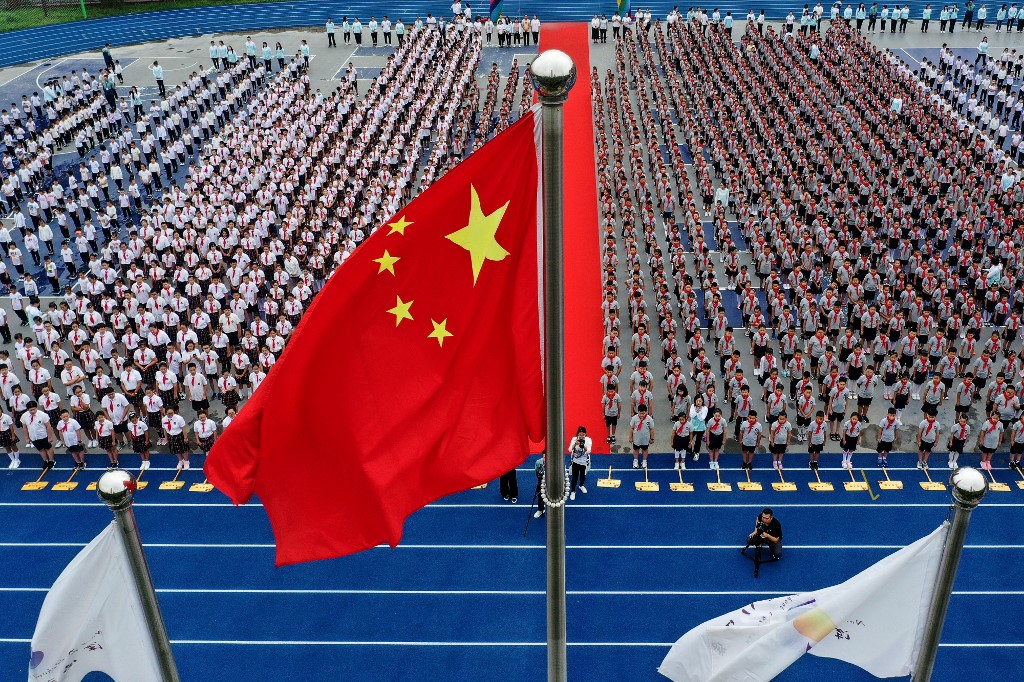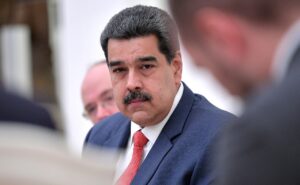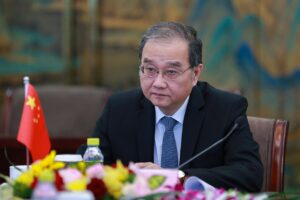As the world watched Israel and Hamas battle each other, China waded into the conflict. Its attempt to be a peacemaker was aimed at projecting a bigger profile for itself in the Middle East and to counter the influence of the United States in the Great Power contest. In the end, however, a ceasefire was brokered not by China but Egypt. China’s inability to exert any real sway over Israel and the Palestinians reveals its limited influence beyond mercantilism and its “balancing diplomacy” in the Middle East. Beijing will have to do some serious soul-searching and intellectual mobilization before it can present itself as a credible, and able, mediator in the Middle East peace process.
Vocal and high profile, China’s diplomacy in the latest Israel-Palestine conflict was unprecedented. As the current president of the UN security council, China’s foreign minister, Wang Yi, personally chaired an emergency meeting on the conflict on May 16. China called for an immediate ceasefire; urgent humanitarian assistance; an obligation on all states, especially the US, to take “effective actions”; and to honor the two-state solution. All very worthy, but run-of-the-mill, exhortations.
More interesting, however, was an invitation by Beijing for Israeli and Palestinian officials to travel to China for talks. For China, this was the most direct role it has ever attempted in the Middle East. Yet, for all that, it was still an initiative very much – too much, in fact – within China’s comfort zone. Beijing has had experience hosting the Taliban and Syrian opposition groups for meetings and consultations over conflicts in their respective regions. It also has hosted meetings between the Myanmar government and ethnic-Burmese rebel groups. And between 2003 and 2007, Beijing chaired the Six-Party Talks over North Korea’s nuclear ambitions. But while the invitation was China’s most significant diplomatic outreach beyond its immediate neighborhood, it did not receive the positive response it wanted from both parties concerned.
Read the full article in the Syndication Bureau.




